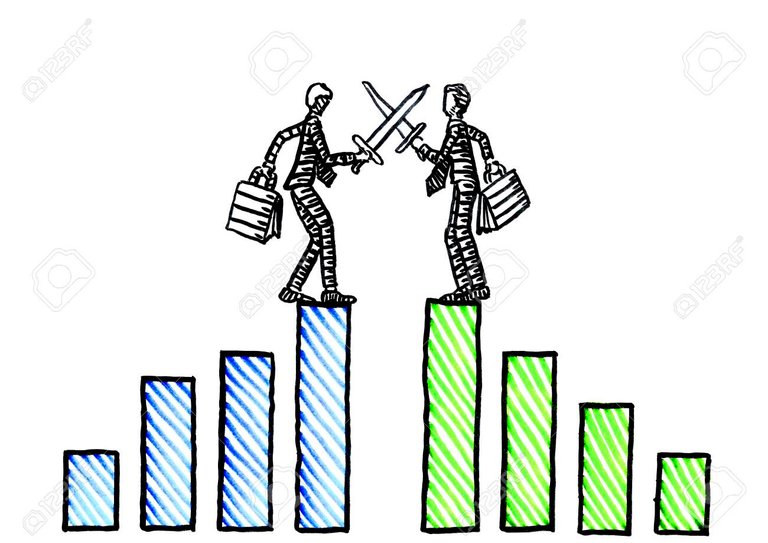Monopoly Power
Defining Monopoly and Power
Dr. Per Bylund began his lecture by defining monopoly and power, but the definitions are not necessarily clear-cut. Monopoly means there is one seller. Before this lecture, I assumed only one seller was a bad thing and competition between a number of sellers is a good thing. However, it is all a matter of perspective. In a rural or poor area, one seller is better than none. One could argue that a market is more efficient if there is only one seller instead of many if that is what consumers value the most. On the other hand, it can also be argued that a market with multiple sellers is more efficient as the competition lowers the price. Either way, there is a natural element of monopoly. An innovator starts out as a monopoly when it is the only one in that kind of business. From there, other entrepreneurs come in and competition begins. In this instance, monopoly is necessary for innovation to happen in our economy.
There is also the question of how specific or broad we are looking- is it one seller of that particular good or one seller in that industry? If there is one seller and consumers do not have any alternative options, it is usually a seller of a particular good. Apple is an example with the iPhone. There are not other options for an iPhone, but there are other options for phones. However, utilities in the United States are typically an example of a monopoly in that industry. When we see a monopoly like this, it is because it has been created by regulations from the government. In these cases, the government keeps out the competitors and that is where the power comes from. Power happens when there is not even an option for competitors to enter because regulation raises the barriers to entry.
Effects of Competition
Companies that are not protected by regulation must provide enough value to earn their consumers. They compete by differentiation, whether in price or quality or both. Consumers choose what they value, and this can lead to a monopoly if there is one seller that consumers value the most. Dr. Bylund argues that being an only seller does not provide that seller with power. If a monopoly raises prices too much or stops providing value for its consumers, it will invite competitors in. Entrepreneurs will enter the market to provide value in another way. If a monopoly even has a potential competitor, there is pressure on the monopoly to still provide value. I understood Dr. Bylund to argue that this means a monopoly has no power; however, I do not think it is as black-and-white as that.
If there is a potential competitor, it puts a check on the power of a monopoly. However, I think that monopoly still has some power. If there is a company that has become a monopoly by beating out its competition, it has most likely grown exponentially in its resources and network to scale up its business. If the monopoly is a large company like this, it is going to be difficult for entrepreneurs to put much pressure on it. They will not have the resources necessary to compete at the same level, and I think this gives a monopoly some power. However, there may also be competitors that are already established companies in similar markets. These companies that have more resources may be able to innovate in a way to more effectively compete with the monopoly. If there are sustainable competitors, the monopoly will be stripped of most, if not all, of its power.
Power vs. Force
When talking about power, Dr. Bylund mentioned that it is not force. No one is forcing anyone to buy iPhones or other products. Consumers can use their money how they want to, usually in a way that provides value for them. Typically, consumers do not participate in transactions that do not bring value to them in some way. However, I do think there is some power behind companies that consumers really value. Many consumers value Apple and purchase iPhones because they think it is a worthwhile way to spend their money. There is nothing wrong with that, but is it the most logical purchase? I think a company like Apple does have some power because so many consumers find value in its product and will give up more money for the status of its products. There is power in the brand of Apple that strongly influences consumers to value iPhones over other phones. I agree that it is not force, but there are strategic ways that Apple influences consumers to view the iPhone as superior to other phones.
Conclusion
This lecture redefined my understanding and connotation of monopoly power. Monopoly is either a natural part of our economy due to innovation or it is created by regulation from the government. Consumers hold much of the power, which prevents a monopoly from forming without regulation to protect it. However, I think there is still some power in companies that have created strong brands.
